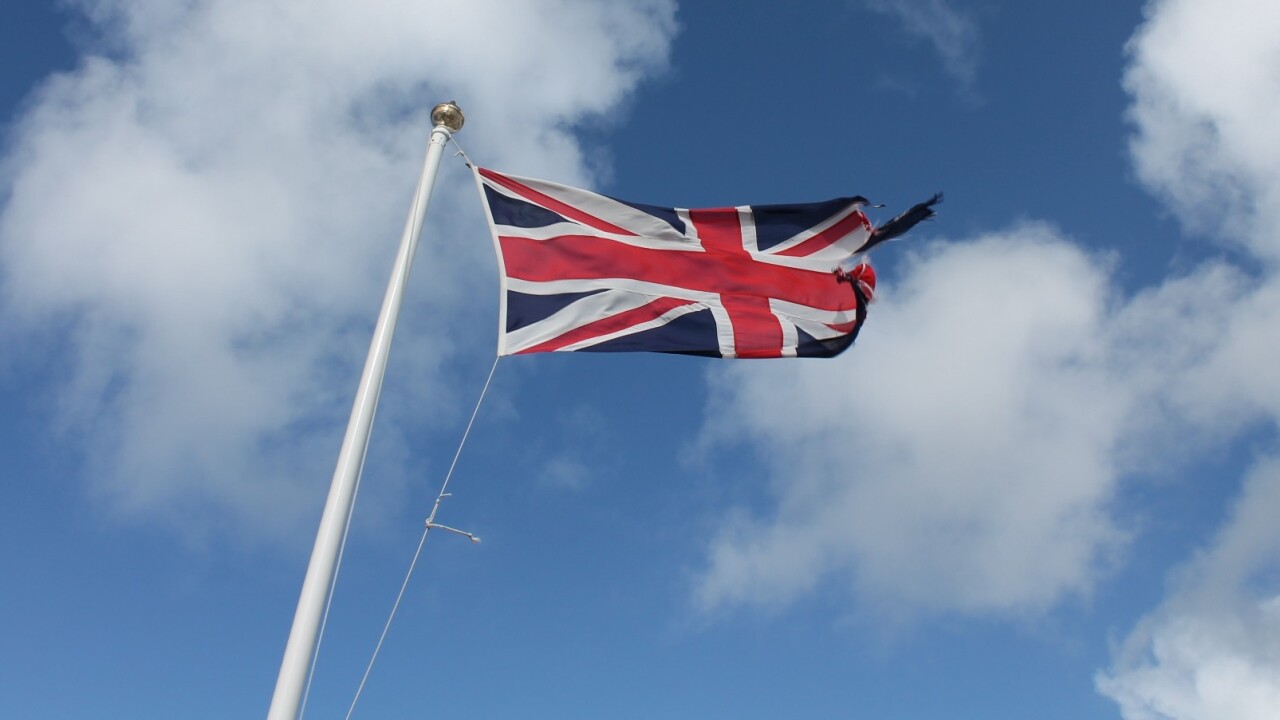
Ofcom, the UK regulatory body for the broadcasting and telecommunications industries, has announced that the average British broadband speeds have hit double-digits for the first time ever.
According to Ofcom, the average residential UK broadband speeds reached 12.0Mbps in November 2012. This represents a rise of around 34% on the previous six months, with a figure of 9Mbps previously touted in the wake of ISP network upgrades. Ofcom says that factors such as video-streaming and the increase in the number of ‘connected’ devices in homes is driving this need for speed.
Indeed, it seems that this recent increase is in part due to consumers switching to so-called ‘superfast’ Internet services, and looking back at the previous four years it’s clear to see that – on the whole – users’ averages speeds have risen considerably. Looking at the same period in 2008, the average speed for home broadband users was 3.6Mbps, a figure that pretty much doubled every two years.

Superfast
According to Ofcom, more than three quarters of fixed-line residential broadband users were on packages with advertised speeds of more than ‘up to’ 10Mbps, which is up from 58% on the previous year. However, the proportion of connections classed as ‘superfast’ (i.e. those with an advertised speed of ‘up to’ 30Mbps or above) more than doubled in the twelve months leading to November 2012 – 13% of home broadband connections were ‘superfast’, up from 5%.
Within the superfast broadband packages across the various ISPs, the overall speeds are increasing too. Ofcom reports average speeds increasing from 35.8Mbps in May 2012, to 44.6Mbps in November 2012, representing a rise of one quarter.
The increase during this six-month period was primarily driven by growth in take-up of ‘up to’ 76Mbit/s fibre optic services, while Virgin Media’s continued push to upgrade its customers to faster services contributed too. However, it’s also worth noting that the average speeds for ADSL broadband (Internet delivered via copper wire) grew by just 0.2Mbps (3%) to 6.0Mbps.
How the ISPs fared
Of the 12 ISP packages covered by Ofcom in the report, Virgin Media’s ‘up to’ 100Mbps service was the fastest overall, with average actual speeds of 92.6Mbps over a 24-hour period. However, averages did vary according to a new metric introduced for this latest report, which looks at average peak time speeds (weekdays from 8pm to 10pm) and maximum connection speeds (the maximum speed achieved by each connection during the month).

“Internet providers are working to meet consumer demand through network upgrades and the launch of superfast packages, giving consumers faster speeds and greater choice,” he continues.
Get the TNW newsletter
Get the most important tech news in your inbox each week.





